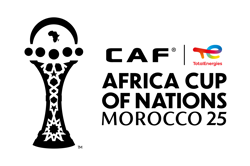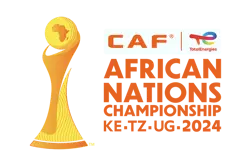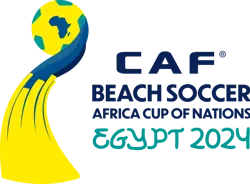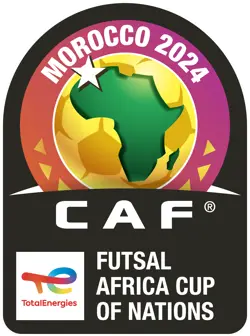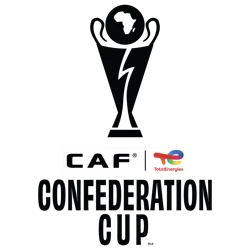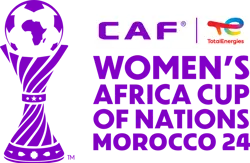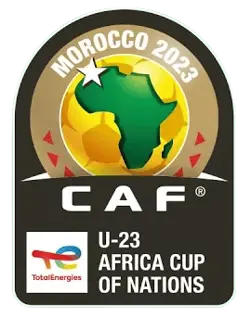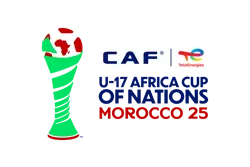Mohamed "Housseï" Saloum: “Women’s football in Mali can aim for the top in Africa.”
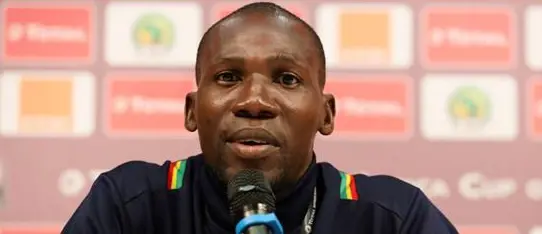
- Since 2017, Mohamed “Housseï” Saloum has embodied stability and discipline at the helm of the Aiglonnes.
- The first fitness coach in the history of the Malian women’s national team, he has become its chief architect.
- His goal: to make Mali a continental powerhouse
“Being a national coach is almost like being a minister.” When Mohamed "Housseï" Saloum says these words, it’s not out of pride or provocation. It reflects the weight of responsibility on his shoulders—the duty to carry the hopes of a women’s football scene that was long ignored, sometimes even scorned, but is now on the rise in Mali.
Since 2017, he has led the Aiglonnes, a role he fulfils with humility, discipline, and vision. A former fitness coach—and the first to hold that position for the Malian women’s team in 2015—Saloum has, in just a few years, become the main architect of the revival of women’s football in the country.
Through club success, the rise of local players, and the emergence of talents like Agueicha Diarra, he has built a team that fears no one on the continent. Ahead of the TotalEnergies CAF WAFCON, he spoke to CAFOnline.com about his journey, his deep convictions, and the keys to Mali’s progress.
What motivated you to get involved in women’s football?
At first, I was hesitant. Back then, many coaches stayed away from women’s football, often because of social prejudices. But experienced colleagues encouraged me and So I gave it a shot. In 2015, I joined the women’s national team as a fitness coach—it was a first in Mali. That role allowed me to bring in some structure, and I think it was beneficial. I later earned my coaching licenses, and in 2017, I was entrusted with leading the team.
How do you view the evolution of women’s football in Mali since your beginnings?
The progress is clear. In 2015, the women’s league was still in its infancy. Today, we have around a dozen clubs nationwide. Thanks to CAF’s policy requiring major clubs like Stade Malien and Djoliba to have women’s teams, many girls have found a place to develop. We've also seen young talents emerge, and I bring them into the senior team as soon as possible to give them a taste of top-level football.
Mali has played in several WAFCONs under your leadership. What keeps you going after eight years?
It’s a fight—but a noble one. I want to show these young women that through hard work, you can go far. In 2018, we reached the semifinals of the WAFCON—a first in Mali’s history.
That generation continues to inspire the next. Today, about 75% of our former players play abroad, in Europe, Asia, or North Africa. My goal is clear: to place Mali among Africa’s top three nations and eventually reach the World Cup.
In this WAFCON, you’re in a tough group with South Africa, Ghana, and Tanzania. How are you approaching this challenge?
People are already calling it the “group of death.” But Mali thrives on challenges. South Africa is the reigning champion, Ghana is a historic powerhouse, and Tanzania is improving quickly. In 2018, we were the ones who eliminated Ghana. We want to prove ourselves again. Our players are on the rise, and this AFCON will be an opportunity to show where we stand.
How is the dynamic between international and local players?
Very good. In fact, many were first trained locally. Agueicha Diarra, for example, played for Super Lionnes of Hamdallaye before shining at the 2018 WAFCON. That’s when she got noticed. The same goes for Aïssata Traoré, now a professional abroad. When they return to the national team, these players bring experience and strengthen team cohesion. They show the local players what professionalism requires. It’s a valuable relay.
Speaking of which, can you tell us about Agueicha Diarra’s journey?
I could write a book about her! I spotted her very early. I offered her individual training sessions before team practice to work on her discipline. She got the message—and so did her parents. That was the turning point in her career. Today, she plays for PSG, and she often tells me: “Coach, what you told me back then—I’m living it now.” That makes me proud.
How do you keep track of your players outside of training camps?
We’ve set up a rigorous system. Locally, my staff and I attend league matches every week. We also stay in regular contact with club coaches. For players abroad, new technology helps us a lot. Clubs send us match footage so we can follow their performances. This allows us to offer personalized monitoring, identify areas for improvement, and plan future call-ups.
And personally, what does this role as head coach bring you?
It’s a huge responsibility. When you carry the ambitions of a national team, you're not far from being a minister! I understand the honour of representing Mali. I try to be worthy of it, with humility. Women’s football deserves more recognition, more resources, and I believe that together, we will get there.
